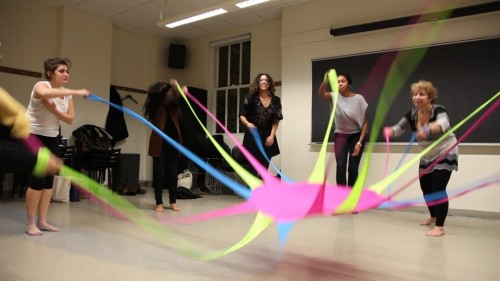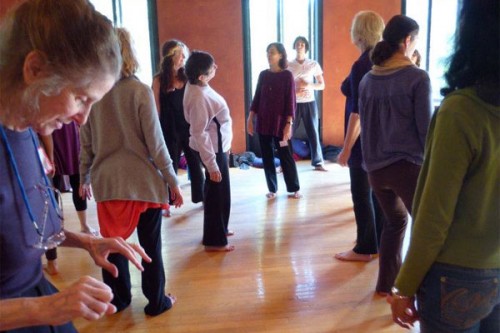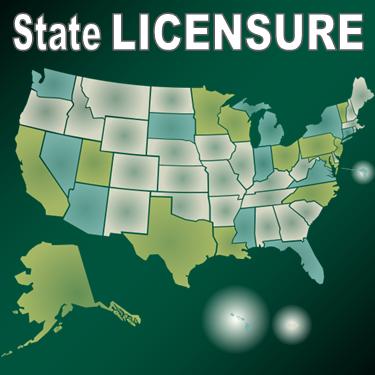Dance/Movement Therapy & Counseling: The Licensing Procedure
One of the great things about Columbia College Chicago’s Dance/Movement Therapy & Counseling MA program is that it prepares you to not only become a registered-dance/movement therapist (R-DMT), but also a licensed professional counselor (LPC). As a person interested in dance/movement therapy or a beginning graduate student in the department, the previous sentence might not make a whole lot of sense. In fact, when I first started the program, the licensing aspect was something I found to be the most confusing. Heck, I am a third year thesis student, and I am still confused by the process!
For better or for worse, I have begun to think more about the professional licensing aspect of dance/movement therapy, as I am sure this naturally occurs for graduate students at the end of their academic career. Although the program does a good job of explaining the process and getting you prepared for it, it still feels ominous. You know, one of those things that wreaks havoc in your life because you have to jump through a million hoops for it.
What I do know is this (any professional readers, if I am so lucky, please correct me if I wrong): once I complete my thesis project and receive my master’s degree, I can apply to become a R-DMT through the American Dance Movement Therapy Association (ADTA), which is the first level of licensing as a dance/movement therapist. Other than receiving a master’s degree from one of the six accredited programs and a small application fee, there is nothing else I need to do to receive my R-DMT license.
In addition to my R-DMT license, Columbia’s DMT & C curriculum has also allowed me to apply for a counseling license (LPC), as it fits the requirements outlined by the American Counseling Association. In addition to my master’s degree, I must also sit for a counseling exam and receive a passable score (I am unsure what that score is). The test will cover counseling techniques and theories aside from the dance/movement therapy paradigm. And of course, I am sure there is a small application fee as well.
BADDA BING BADDA BOOM!
After that, my name will appear something like this: Emily D’Annunzio MA, R-DMT, LPC.
This is, of course, if I do want to apply for both types of licensing after I receive my master’s degree. Without a doubt I will apply for my R-DMT, as this is my one proof that I am, in fact, a dance/movement therapist. However, I feel less certain about applying for my counseling licensing at the moment. What is most frustrating about the LPC is the lack of reciprocity from state to state in terms of the license. If I were to become a counselor within Illinois, I could not move to Michigan and practice under the same license. I would have to reapply for a new license under Michigan’s laws and guidelines for the counseling profession.
I am sure there was good reason for the specificity from state to state at one time, but in current times, the lack of reciprocity is discouraging. At a time when people my age (I could be making an assumption here) are very mobile, moving from state to state, a disparity between current cultural trends and counseling licensing procedures emerges. This topic, in and of itself, could merit a whole blog post. I do know that there is talk amongst the American Counseling Association of working towards a universal license, but I’m sure this process will take many years.
I hope this provides some clarification about the licensing process after one finishes the DMT & C program, as well as outlines the benefit to completing a DMT &C education at Columbia College Chicago, since it prepares you for both licensing requirements. As I mentioned before, even after going through the program, the process still seems a bit cloudy. For now, the process is a little nugget in my head that I have stored away to think about when the times come — first I must finish my thesis.



